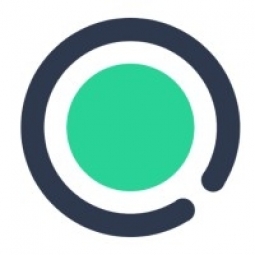Datameer
Case Studies
Using Big Data Analytics to Create Better Outcomes for Cancer Patients
Overview
 |
Using Big Data Analytics to Create Better Outcomes for Cancer PatientsDatameer |
Analytics & Modeling - Big Data Analytics Infrastructure as a Service (IaaS) - Cloud Computing | |
Healthcare & Hospitals | |
Product Research & Development | |
Clinical Image Analysis Predictive Maintenance | |
Data Science Services | |
Operational Impact
| DKFZ can now analyze 10 TB of raw data per day – the equivalent of 140 billion records looking at 900,000 thousand positions in each genome. | |
| They can analyze complete data sets in minutes, eliminating the need to reduce data and risk missing out on key insights. | |
| Vastly faster processing enables the DKFZ to more quickly identify specific, optimal cancer therapies for each patient, as well as further their overall research on correlations between cancer and genetics. | |
Quantitative Benefit
| Analysis on the complete data set can be completed between five and twenty minutes, compared to the 24-48 hours it used to take. | |
| DKFZ can now analyze 10 TB of raw data per day – the equivalent of 140 billion records looking at 900,000 thousand positions in each genome. | |


